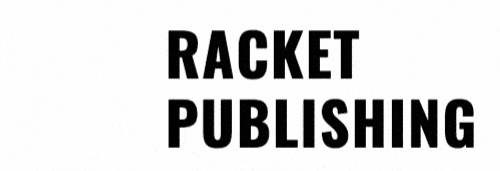There are oodles of ways to write a non-fiction book these days. In no particular order, here are a few popular ones:
- Independently.
- With a writing partner.
- In a large group, each person writes a chapter. (My second publication, The Next Wave of Technologies, is a survey book with contributions from a dozen experts in different fields.)
- With a writing coach, a developmental editor, or both.
- As of late, with the aid of ChatGPT or another generative AI tool.
- With a proper ghostwriter.
 To state the obvious, you’ll find different pros and cons with each approach. In this post, I’ll focus on the last option: working with a skilled ghostwriter.
To state the obvious, you’ll find different pros and cons with each approach. In this post, I’ll focus on the last option: working with a skilled ghostwriter.
Experienced ghosts often—but not always—work closely with their clients to craft a meaningful text. (Sometimes busy CEOs and other affluent folks completely outsource the process; they expect ghostwriters to work independently or with very little supervision. In this scenario, the client is more of an actual ghost than the ghostwriter. Ironical, huh?)
A laissez-faire approach may save the named author some time, but the drawbacks are considerable. If asked about the writing process or specific examples during interviews or at conferences, he or she will most likely waffle. (I’ve seen it happen.) The author can’t answer relatively straightforward questions with confidence. And what if the text on the page doesn’t remotely resemble the way the author speaks? People will ask, “Did he really write that book or is he a just poseur?”
What Authors Can Learn From Accountants and Payroll Managers
What This Means for You
Experienced ghosts don’t just know the rules of grammar and how to write in an authoritative manner.
Let’s assume two things. First, you’re not independently wealthy. Second, you want a great deal of creative input in the writing and production of your book. In a nutshell, you want to be intimately involved.
Good.
Here’s my favorite analogy these days: the ghostwriter is a master chef—maybe even Carmen Berzatto. And that chef knows things that you don’t. Carmy wouldn’t try to bake edible cookies without sugar, but let’s bring the subject back to writing.
Ideally, the client gives the ghostwriter quality ingredients in the form of:
- Articles.
- Interviewees.
- Surveys, polls, and other quantitative data that support the book’s central thesis.
- Case studies and detailed examples.
- Existing academic research.
- Other resources as needed.
Experienced ghosts know when these ingredients aren’t up to snuff. With weak inputs, don’t expect a solid output.
That is, they don’t just know the rules of grammar cold and how to write in an authoritative but understandable manner (read: not like a blowhard.) We routintely recognize missing ingredients, often from the get-go. We intuitively know the order of things. We can just feel when a treatment, chapter, or theme isn’t working. Over the course long writing project, we make myriad little decisions that ultimately contribute to the final book—or meal, as it were.



0 Comments